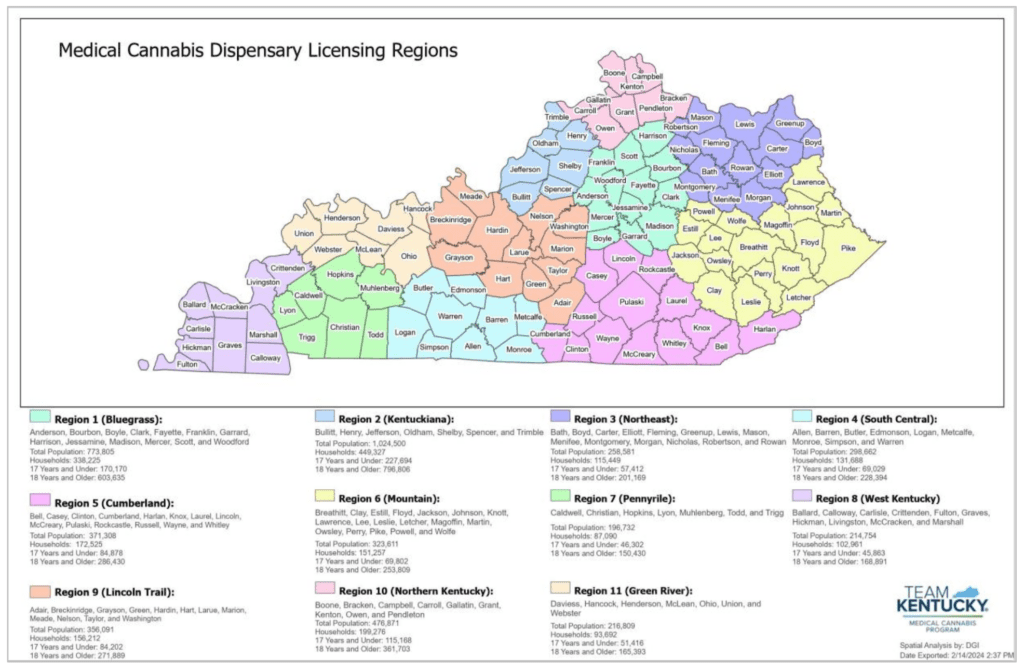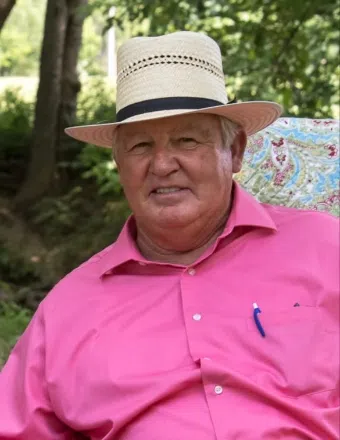With the passing of the August 31 deadline for medical cannabis business license applications in Kentucky, the state has seen a dramatic surge in interest, culminating in over 2,000 submissions from businesses eager to participate in this emerging market.
The final days leading up to the cutoff witnessed an explosion of activity, with more than 700 applications flooding in during the last week alone. This overwhelming response signals a strong demand for entry into the state’s new medical cannabis program, which is set to officially begin on January 1, 2025. The vast majority of these applications are from prospective medical marijuana dispensaries, cultivators, processors, and safety compliance facilities. This unprecedented level of interest reflects the optimism and anticipation surrounding the program, which many hope will bring both therapeutic benefits to patients and economic opportunities to communities across Kentucky.
The state will award licenses in October through a lottery system, a move designed to ensure a fair and equitable selection process. As of the deadline, a staggering 860 applications had been submitted for dispensary licenses alone. Under the new regulations, only 48 dispensary licenses will be issued, with at least four licenses allocated to each of Kentucky’s 11 licensing regions. Jefferson and Fayette counties will each receive two dispensary licenses, while all other counties are limited to a single license, ensuring that access to medical cannabis is distributed fairly across the state. The competition for these licenses was particularly intense in regions encompassing Jefferson and Fayette counties, which together attracted 331 applications.

The Bluegrass region, home to Fayette County and 12 surrounding counties, saw the highest concentration of interest, with 178 applications, 81 of which were from Fayette County. In contrast, the Mountain region of eastern Kentucky saw the lowest level of activity, with only 13 applications submitted.
Applications for cultivator licenses were also robust, with 151 submissions spread across three tiers, each defined by the size of the indoor cultivation area. Hopkins County emerged as a leader in this category, with 22 applications. However, the state’s prohibition on outdoor cannabis cultivation has sparked concerns among some industry experts, who argue that this restriction may limit opportunities for local farmers and small businesses to enter the market and turn a profit.
The processor license category, which allows businesses to convert raw cannabis into consumable products like edibles, oils, tinctures, and vape cartridges, saw 58 applications. The state has capped the number of processor licenses at 10, making this another highly competitive category. Additionally, three businesses applied for safety compliance facility licenses, which are essential for ensuring the quality and safety of cannabis products. These applications were concentrated in Louisville, Lexington, and Nicholasville.
As the application process moves into its next phase, the Barren River Area stands to be impacted by the introduction of medical cannabis. The region, which includes cities like Bowling Green and Glasgow, has historically faced challenges in accessing specialized healthcare. The availability of medical cannabis could provide new therapeutic options for patients dealing with chronic pain, anxiety, PTSD, and other qualifying conditions. Moreover, the influx of new businesses and the associated economic activity could provide a much-needed boost to the local economy.
Medical cannabis has been shown to offer substantial relief for patients suffering from various conditions. The active compounds in cannabis, known as cannabinoids, interact with the body’s endocannabinoid system, which plays a crucial role in regulating pain, mood, and appetite.
Local governments across Kentucky have the authority to ban medical cannabis businesses from operating within their jurisdictions, either through ordinances or by putting the issue to voters in ballot referendums.
To date, jurisdictions covering roughly 12% of the state’s population have enacted such bans, and more areas—encompassing an additional 29% of the population—will decide in November referendums. As Kentucky prepares to enter this new era of medical cannabis, the focus will be on how the industry develops and its impact on communities across the state.
For the Barren River Area, the potential benefits of medical cannabis extend beyond healthcare, promising to stimulate local economic growth through job creation and increased tax revenue. The response to the application process has highlighted the high stakes involved, with significant fees and substantial capital requirements reflecting the financial commitment needed to participate in this industry.
For regions like Barren River, the hope is that medical cannabis will not only provide new treatment options but also serve as a catalyst for economic revitalization, contributing to the broader well-being of the community.













